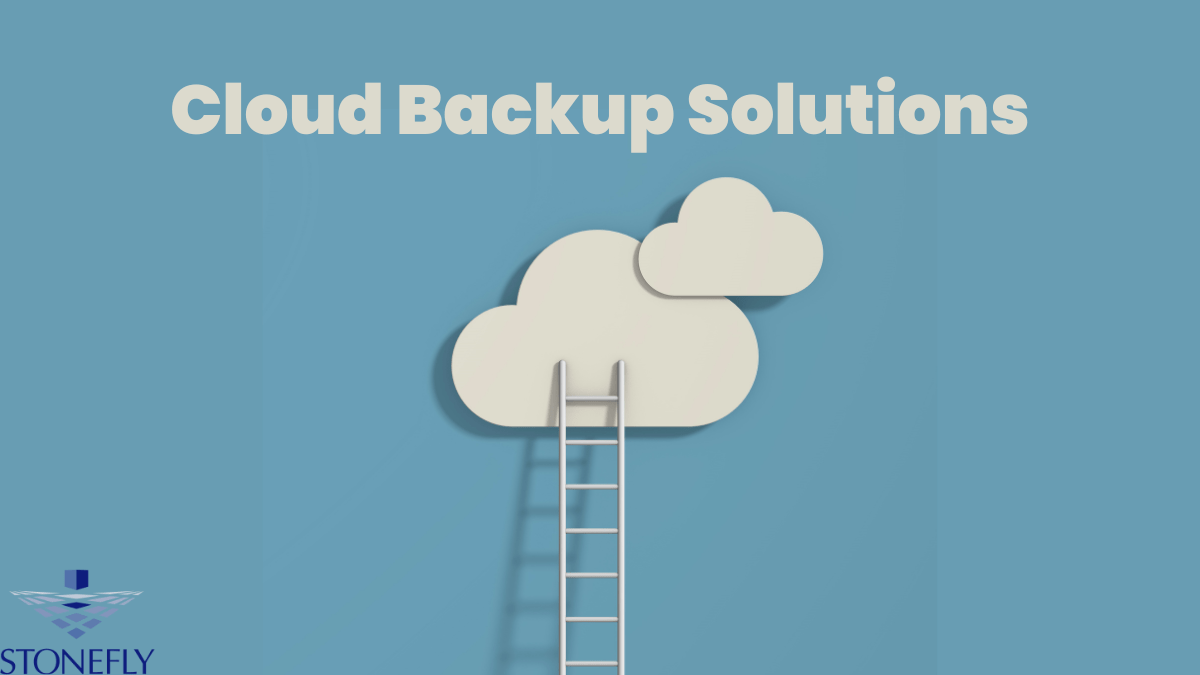The Pros and Cons of Switching to Cloud Backup Solutions
With the growing reliance on technology, having secure and reliable data storage is becoming increasingly important. Cloud backup solutions offer a range of advantages that make it an attractive option for many businesses. However, there are also potential drawbacks to consider before making the switch. In this article, we will explore the pros and cons of switching to cloud backup solutions.
What are Cloud Backup Solutions?
Cloud backup solutions allow businesses to store their data in the cloud, meaning it can be accessed from any location and on any device. This type of storage is becoming increasingly popular due to its convenience and reliability. Moreover, it removes the need for businesses to have expensive physical hardware such as hard drives or tapes for backing up their data.
Types of Cloud Backup Solutions
When looking at different cloud backup solutions, it is important to consider the type of service that best suits their needs. There are three main types of services available:
1- Backup as a Service (BaaS):
This type of service provides businesses with a secure platform for backing up and restoring data.
2- Disaster Recovery as a Service (DRaaS):
This type of service provides businesses with the ability to quickly restore data in the event of an emergency.
3- Storage as a Service (STaaS):
This type of service allows businesses to store their data for long-term archiving, making it easier to access and manage data.
4- Enterprise Backup as a Service (EBaaS):
This type of service provides businesses with the ability to back up their data on multiple devices and locations for ultimate data safety.
5- Managed Backup Service (MBS):
This type of service provides businesses with a managed solution for their data backup, ensuring that backups are regularly conducted and monitored.
Pros of Cloud Backup Solutions
1. Cost-Effective:
Cloud backup solutions are more cost-effective than traditional methods of data storage, such as hard drives and tapes. Additionally, businesses don’t need to purchase large amounts of hardware upfront or incur ongoing maintenance costs.
QuickBooks Hosting: The Future of Accounting
2. Scalable:
As a business grows, its data storage requirements also grow. Cloud backup solutions are highly scalable, meaning businesses can easily add more space to their storage as needed.
3. Accessibility:
Data stored in the cloud is accessible from anywhere and on any device, so long as there is an internet connection available. This makes it easier for teams to collaborate and access data even when they’re out of the office.
4. Security:
Cloud storage solutions provide a high level of security for data, with encryption and other security measures in place to protect sensitive information.
5. Automated:
Cloud backup solutions are automated, meaning businesses don’t have to manually trigger backups. This greatly reduces the risk of data loss due to human error.
Cons of Cloud Backup Solutions
1. Vulnerability:
Although cloud storage is secure, it can be vulnerable to cyber-attacks and other malicious activities.
2. Dependency:
Businesses that rely on cloud backup solutions are dependent on the service provider and their internet connection, so any interruptions could affect access to data.
3. Limited Control:
Businesses don’t have complete control over their data when it is stored in the cloud, as they can only access it through the service provider.
4. Limited Capabilities:
Cloud backup solutions have limited capabilities when compared to traditional methods of data storage, such as hard drives and tapes. This can make it difficult for businesses to store certain types of data, such as large files.
5. Cost:
Although cloud backup solutions are generally more cost-effective than traditional methods, they can be expensive depending on the service provider and data storage requirements.
6. Slow Uploads:
Uploading large amounts of data to the cloud can take a long time, especially with slower internet connections. This could cause delays in backups and other activities.
Tips for Selecting the Right Cloud Backup Solution
1. Consider Your Needs:
It’s important to assess your data storage needs and determine what type of service best suits your requirements.
2. Research Service Providers:
Take the time to research different cloud backup solutions and find one that is reliable, secure, and cost-effective.
3. Understand Security Measures:
Pay close attention to the security measures in place with each service provider and ensure that your data is adequately protected.
4. Read Reviews:
Read reviews from other businesses to get an idea of which cloud backup services are the best for different requirements.
5. Test Before Committing:
Make sure to test the service before committing to it, as this will allow you to get a feel for how it works and determine if it meets your needs.
Conclusion
We hope this article has provided you with a better understanding of cloud backup solutions and the pros and cons associated with them. Ultimately, selecting the right cloud backup solution for your business will depend on your needs and budget. It’s important to take the time to research different options and test them before committing to one service provider. Once you have chosen a service provider, make sure to take advantage of any security measures in place and monitor your data to ensure it remains safe and secure.
FAQs
What is cloud backup?
Cloud backup is a type of data storage solution where files and other information are stored on remote servers, or in the “cloud”. This makes it easy to access data from anywhere with an internet connection.
How secure is cloud storage?
Most cloud storage solutions provide a high level of security, with encryption and other security measures in place to protect sensitive information.
How much does cloud storage cost?
The cost of cloud storage varies depending on the service provider and data storage requirements. Generally speaking, it is more cost-effective than traditional methods of data storage such as hard drives and tapes.
What are the benefits of cloud storage?
The main benefit of cloud storage is that it makes data accessible from anywhere with an internet connection, and allows for automated backups so that data can be easily recovered in the event of a disaster or loss due to human error. It also offers a high level of security and scalability, allowing businesses to easily adjust their data storage needs as needed.
What are the drawbacks of cloud storage?
The main drawbacks of cloud storage include limited control over data, limited capabilities for certain types of files, cost, and slow uploads. It’s important to take all of these factors into account when selecting a cloud storage solution.




